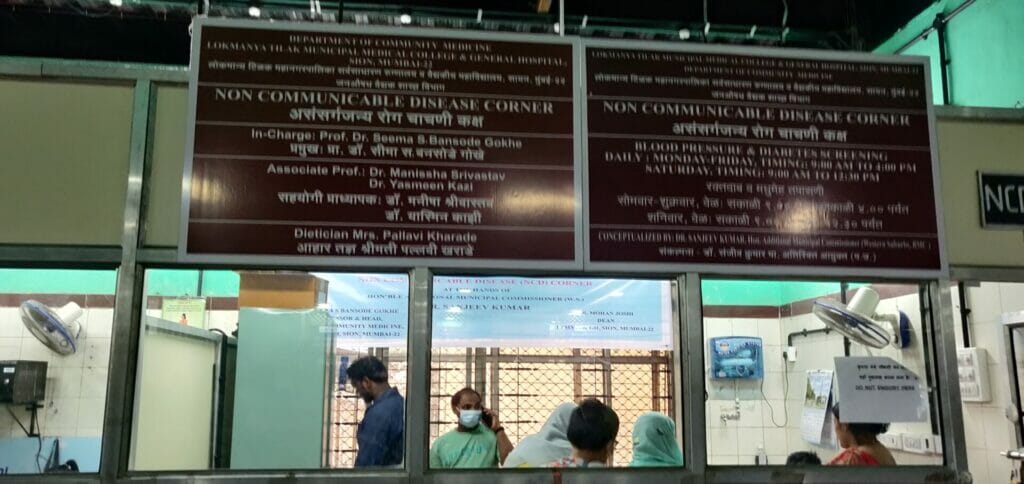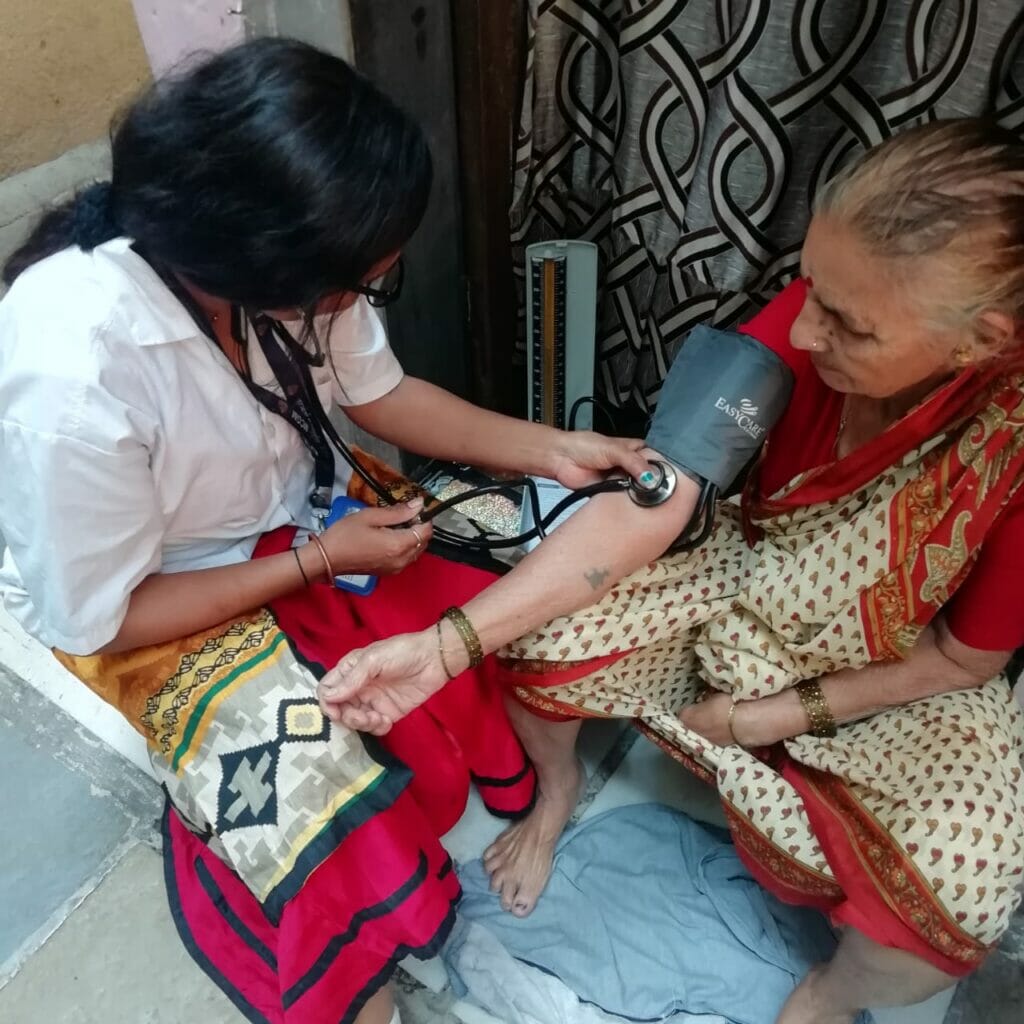On December 1st, Mumbai’s King Edward Memorial (KEM) Hospital became the first civic facility in the city to get approval for a 24×7 cardiac catheterisation lab. The approval comes a month after the announcement was first made in November.
A cardiac cath lab functions as a centre for doctors to perform minimally invasive tests and procedures to diagnose and treat cardiovascular disease. It is the alarming rise in deaths due to heart attacks in 2021 that prompted Brihanmumbai Municipal Corporation (BMC) health officials to start a pilot 24×7 cath lab at KEM.
Last year, Mumbai recorded a total of 17,880 deaths due to heart attack, a big jump when compared to earlier years. In 2020, 5,633 deaths in the city were attributed to heart attacks and in 2019 this number was 5,849.
Medical experts told the Indian Express that this jump in heart attack deaths is due to possibility of the development of thrombosis amongst COVID-19 recovered patients, delay in diagnosis of patients during the pandemic, or simply because of better recording of data. In some cases, deaths caused due to heart failure were misattributed to heart attack
Read more: RTI data with NGO casts a cloud over cause-of-death reporting in Mumbai
The cath lab at KEM is expected to save a lot of lives functioning round the clock for cardiac arrest and heart attack patients. The hospital’s dean Dr Sangeeta Ravat says the in-house cath lab functions at regular work hours at the moment. “Doctors would be working overtime once the facility is functional round the clock. But technical and additional staff is important and we are in the process of hiring,” she says.
The centre should be up and running 24×7 by mid-December. The idea is to provide Primary Angioplasty in Myocardial Infarction (PAMI) on a priority basis so that lives can be saved in the “golden hour”, Dr Ravat says. Myocardial Infarction is a medical term for a heart attack.
The ‘golden hour’ refers to the first hour following the onset of symptoms. Quick action on part of the patient by reaching the hospital within this first hour allows doctors to perform necessary tests and scans, and start with the procedure to reinstate blood flow to the heart.
Hospitals in the city, including KEM, have been catering to cardiac arrest or heart attack patients on an after-hours basis for a long time now. However, they fell short of resources to diagnose and perform primary angioplasty on time. “This could only happen at private facilities earlier,” Dr Ravat says.
Will other hospitals get such a facility?
Meanwhile, Dr Mohan Joshi, dean of Sion Hospital, claims his hospital lacks adequate staff to have a fully functional 24×7 cath lab. “We cannot start one soon but we certainly aspire to have a round-the-clock cath lab in the near future,” he says.

BMC’s Additional Municipal Commissioner (Health) Dr Sanjeev Kumar says learnings from the pilot project at KEM will be implemented in other hospitals a few months down the line. “KEM will now be provided with support to establish a dedicated team for cardiac care. This will ensure no time is wasted in cases of emergency,” he confirms.
When asked about the expenditure of running a 24×7 cath lab at KEM and across city hospitals, he adds, “There is no amount set as of now. We are willing to invest as and when required.”
Read more: A look inside BMC’s non-communicable disease screening centres
24×7 cath lab helps as time is crucial
However, medical professionals say another problem is that many patients do not reach the hospital on time. Dr Ajay Chaurasia, cardiology department head at BYS Nair Hospital confirms this. “Patients tend to ignore the initial symptoms like chest pain and delay going to a hospital,” he argues. “In a big city like Mumbai, it is very difficult to take benefit of that golden hour as there can be a number of logistical challenges.”

An in-house 24×7 cardiac cath lab was the life-long dream of one of KEM’s former cardiology department head Dr Praffula Kerkar. “Once the patient is reported to the hospital, their clock starts ticking. From there, diagnosis, triaging and an ECG needs to be done rapidly,” she says.
Dr Kerkar, who presently serves as professor emeritus, adds that the hospital has taken proactive measures to detect heart attacks by installing ECG machines in the casualty ward. “PAMI is the priority in cases of heart attack but if timelines are not met within the golden hour because of logistical issues, the next best thing is the clot busting medication.”
Most hospitals in the city rely on these clot busting medications called Thrombolysis. This helps dissolve dangerous clots and improve blood flow. “There is risk of (internal) bleeding attached to it but it is minimal and the benefits are much more,” affirms Dr Kerkar.
Dr Charan Lanjewar, the head of KEM’s cardiology department, told the press that the fatality rate in heart attack patients who receive PAMI on time is about 3% and the recovery is quicker but 10% who receive clot-busting medicines still die.